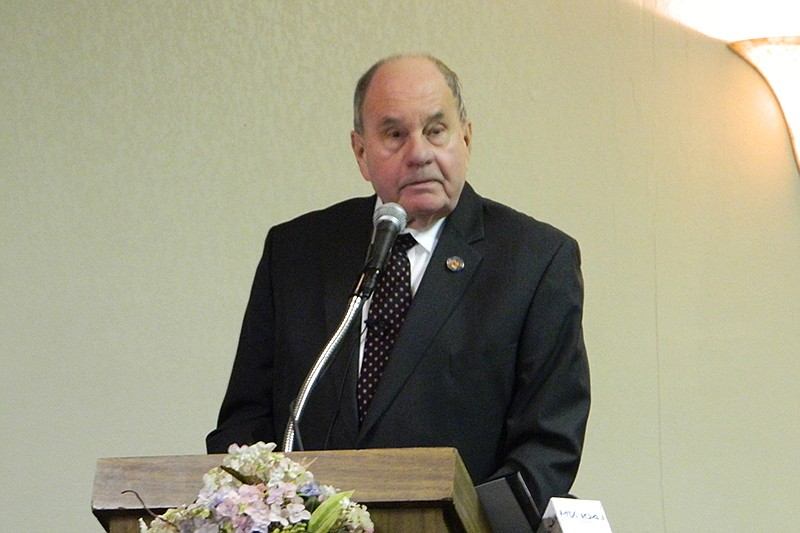CLEVELAND, Tenn. — Cleveland leaders continue to urge their Bradley County counterparts to join them in a U.S. Army Corps of Engineers flood study that began two years ago.
In a recent meeting of city and county leaders, Cleveland Mayor Tom Rowland repeated a request for Bradley County to participate in the study.
"[The] water doesn't stop at the city limits and the county line," Rowland said. "We all have those flooding problems, to the far reaches of the county to the inner city as well."
The Cleveland study focuses on the flows of Mouse Creek and Candies Creek within city limits.
Cleveland's share of the study, which was matched with federal funds, amounted to $525,000.
Army Corps of Engineers representatives recommended a comprehensive assessment of creek basins within the entire county, which also would include Chatata Creek and Chestuee Creek.
"We ... think it's important to raise up the understanding of the level of flood risk along the streams to the same level for the entire watershed and not just focus specifically on one small portion," said Ben Rohrback, chief of hydrology and hydraulics at the U.S. Army Corps of Engineers.
County Commission Chairman Louie Alford questioned the estimated cost to the county for such a study.
A "rough estimate" amounted to about $135,000 for the study to include the creek basins outside Cleveland, Rohrbach said.
It is projected to cost $65,000 to $70,000 to analyze the county portions of Candies Creek and Mouse Creek, plus $200,000 more to analyze Chestuee Creek and Chatata Creek, he said.
Those costs would be split evenly between Bradley County and the federal government.
The flood studies are only "front-end" costs and would require more money to provide recommended solutions, Bradley County Commissioner Jeff Yarber said.
"Going on 13 years, in the politics I've seen, is [that] we do these studies and when it costs too high on the back end of it, we file the study away ... and don't do anything about it," Yarber said.
Councilman David May voiced similar concerns before the launch of the flood risk study.
Specific solutions for the Cleveland study -- and their projected costs -- will be presented to city leaders in the spring, said Thomas Herbert, a project planner involved in the study.
Most of the proposed flood reduction measures will be localized to streets, city blocks and neighborhoods instead of an overall regional fix, he said.
Paul Leach is based in Cleveland. Email him at paul.leach.press@gmail.com.
